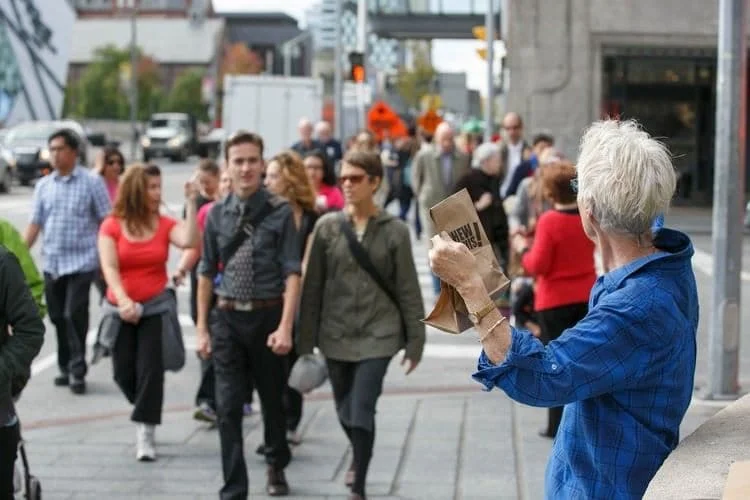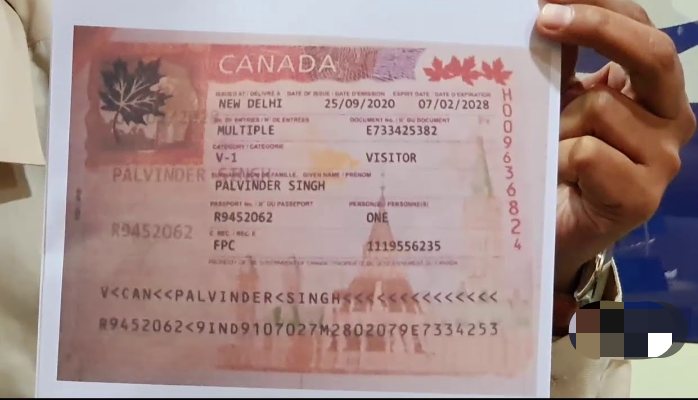Marriage visas, often referred to as spousal sponsorship visas, allow foreign spouses or partners to join their loved ones in a new country. For foreign immigrants aspiring to reunite with their spouse in a different country, the marriage visa process is crucial. However, navigating the legal requirements and ensuring approval can be complex. This comprehensive guide outlines the steps, eligibility criteria, and tips to successfully secure a marriage visa for foreign immigrants.
Understanding the Marriage Visa
A marriage visa enables the spouse of a citizen or permanent resident to enter and reside in a specific country legally. The requirements, processing time, and conditions vary depending on the country. For instance, in Canada, spousal sponsorship falls under the Family Class sponsorship program, while in the United States, the K-1 and CR-1 visas cater to fiancés and spouses of U.S. citizens.
1. Eligibility Requirements for a Marriage Visa
Before applying for a marriage visa, it’s essential to understand the eligibility criteria. Most countries have stringent requirements to ensure the relationship is genuine and not solely for immigration benefits. Key eligibility factors include:
Proof of a Genuine Relationship
Immigration authorities require evidence of a legitimate marriage or relationship. This may include:
- A marriage certificate.
- Photos together at different stages of the relationship.
- Joint financial accounts or property ownership.
- Records of communication, such as emails, chat histories, or phone bills.
Legal Marriage Status
For countries like Canada or Australia, your marriage must be legally recognized in the country where it took place. Common-law or conjugal relationships may also be eligible under specific conditions.
Sponsor’s Eligibility
The sponsoring spouse must meet certain requirements, including:
- Being a citizen or permanent resident of the country.
- Proving financial capability to support their partner without government assistance.
- Not having been convicted of certain crimes, particularly those related to domestic violence.
Medical and Criminal Clearances
The foreign spouse often needs to pass medical exams and provide a police clearance certificate to prove they are not inadmissible due to health or security concerns.
2. Steps to Apply for a Marriage Visa
The application process involves several steps, which vary slightly depending on the country. Here is a general outline:
Step 1: Gather Documentation
Compile all necessary documents to support your application. This typically includes:
- Identity documents (passports, birth certificates).
- Marriage certificates or proof of relationship.
- Sponsor’s financial records and tax returns.
- Completed application forms specific to the visa category.
Step 2: Submit the Application
Applications are usually submitted online or through a designated visa office. Some countries, such as the United States, require submission to immigration offices like USCIS, while Canada uses IRCC.
Step 3: Pay Application Fees
Each country has a set fee for processing marriage visas. These fees may vary depending on whether biometrics or additional documents are required.
Step 4: Attend Interviews (if Required)
Immigration officials may request an interview to assess the legitimacy of the relationship. Both spouses may need to answer questions about their relationship’s history, daily life, and plans for the future.
Step 5: Wait for Processing
Marriage visa applications can take several months to over a year for approval. The processing time depends on the country and the complexity of the application.
Step 6: Receive Approval and Entry Permit
Once approved, the foreign spouse receives a visa or permit to enter the country and begin their residency.
3. Common Challenges in Securing a Marriage Visa
While the process may seem straightforward, applicants often face challenges that could delay or jeopardize approval. Here are some common issues and how to address them:
Inadequate Relationship Proof
Providing insufficient evidence of a genuine relationship is a common reason for rejection. To strengthen your case:
- Submit a variety of proof, such as travel itineraries, wedding invitations, and affidavits from friends or family attesting to your relationship.
- Avoid submitting forged or fabricated documents, as these can lead to permanent bans.
Financial Ineligibility
Sponsors must demonstrate financial capability to support their spouse. If you fail to meet this requirement, consider:
- Including additional income sources or co-sponsors where allowed.
- Submitting proof of assets, savings, or investments.
Incomplete or Incorrect Applications
Errors in the application forms or missing documents can cause delays or denials. Double-check every section of the form and consider hiring an immigration lawyer for guidance.
Cultural and Language Barriers
Cultural differences or language barriers may raise suspicions about the authenticity of your relationship. In these cases:
- Attend language classes to improve communication with your spouse.
- Be prepared to address cultural concerns during the interview.
4. Benefits of Hiring an Immigration Lawyer
Although many couples successfully navigate the visa process independently, hiring an immigration lawyer can provide several advantages:
Expert Guidance
An experienced immigration lawyer understands the specific requirements of different countries and can help streamline the application process.
Avoiding Common Mistakes
Lawyers ensure that your application is complete, accurate, and error-free, reducing the likelihood of rejection.
Support for Complex Cases
If your application involves prior visa denials, criminal records, or unusual circumstances, a lawyer can represent you effectively.
5. Tips for a Successful Marriage Visa Application
Start Early
Begin gathering documents and preparing your application as soon as possible. Delays can occur if you wait until the last minute to start the process.
Be Honest and Transparent
Always provide truthful information in your application. Misrepresentations can lead to bans or deportation.
Stay Organized
Keep copies of all documents and communications with immigration authorities. This will help you track your progress and respond to any requests for additional information.
Seek Professional Advice When Needed
If you’re unsure about any aspect of your application, consult an immigration consultant or lawyer for assistance.
6. Marriage Visa Processing Times
Processing times vary depending on the country and the complexity of the application. Here’s a general overview:
- Canada: 12 to 18 months for spousal sponsorship.
- United States: 10 to 15 months for CR-1 visas.
- Australia: 12 to 24 months for partner visas.
These times are subject to change based on workload and government policies.
7. Life After Securing a Marriage Visa
Once you’ve obtained a marriage visa, you can begin your new life with your spouse. However, it’s important to understand your rights and responsibilities:
Residency Obligations
Most countries require you to live with your spouse for a certain period to maintain your visa status. Failing to meet this requirement may jeopardize your residency.
Pathway to Citizenship
A marriage visa often provides a pathway to permanent residency and, eventually, citizenship. For example:
- In Canada, you can apply for citizenship after three years of permanent residency.
- In the U.S., spouses of citizens may qualify for naturalization after three years.
Conclusion
Securing a marriage visa as a foreign immigrant is a significant step toward reuniting with your spouse and starting a life together in a new country. While the process can be challenging, understanding the eligibility criteria, preparing a strong application, and addressing potential challenges can significantly increase your chances of success.
Whether you choose to navigate the application process independently or seek professional assistance, the key to approval lies in preparation, authenticity, and persistence. Begin your journey today by gathering the necessary documents, researching country-specific requirements, and seeking expert advice when needed.




